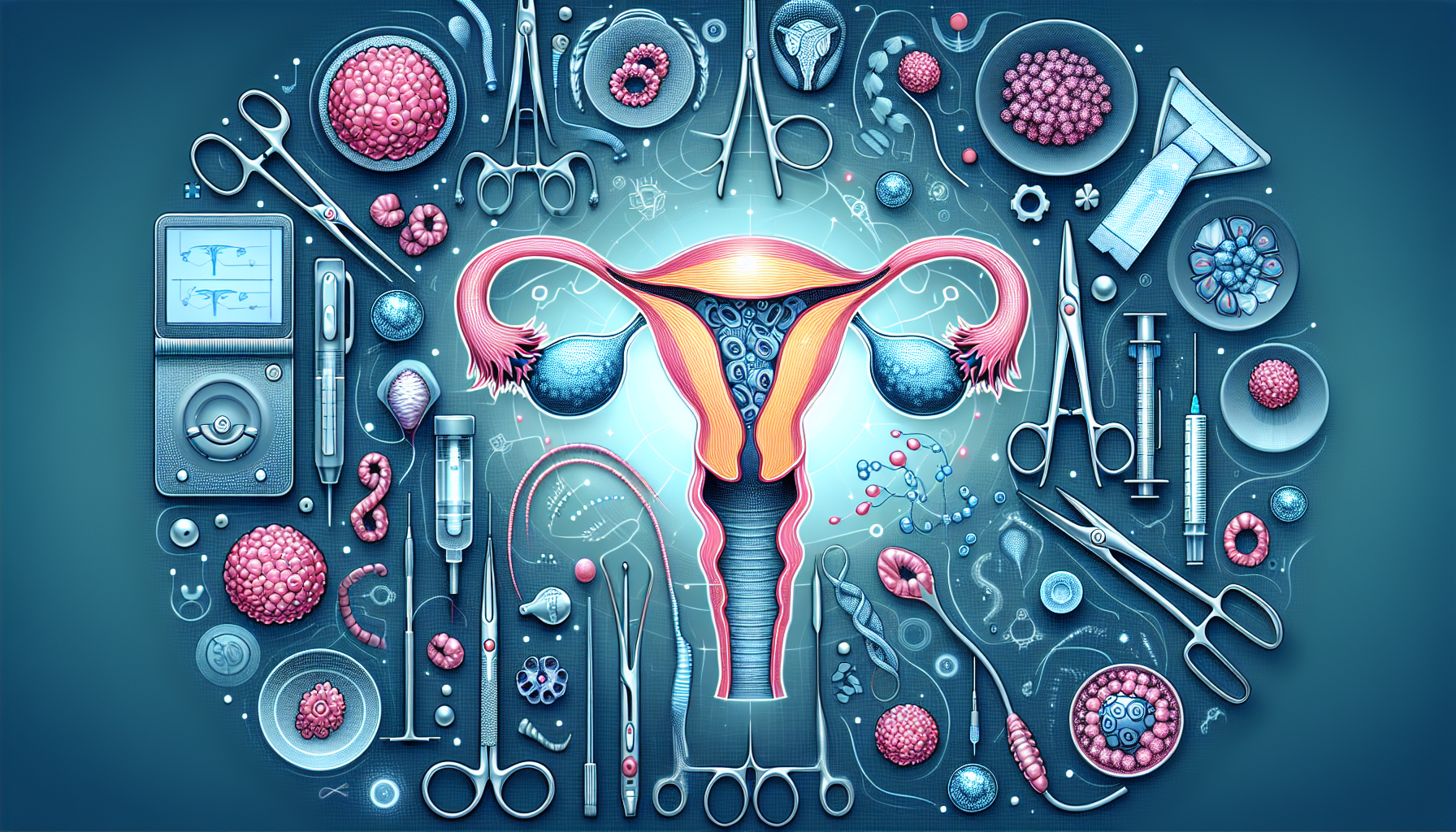How Regular Cannabis Use Could Affect Women's Fertility
Key Takeaways
- Regular cannabis use is linked to higher infertility rates.
- Irregular cannabis use might have a lower impact on fertility.
- More research is needed for conclusive evidence.
Did You Know?
Introduction: Cannabis Use and Fertility Concerns
Recent research suggests that regular cannabis use may have implications for women's fertility. As cannabis becomes more widely accepted and legalized, understanding its potential health impacts, especially on fertility, is increasingly important.
Study Overview: A Look at the Data
Researchers at Oregon Health & Science University analyzed data from 3,166 women aged 20 to 49 years, collected between 2013 and 2018. These participants reported their frequency of cannabis use, classified as regular (at least monthly use for over a year), irregular, or never, alongside their ability to conceive within one year.
Findings: Higher Infertility Rates Among Regular Users
The study revealed that 12.5% of women overall reported infertility. However, the rate was slightly higher at 15.4% among regular cannabis users. This suggests a trend but is not definitive proof of a direct cause-and-effect relationship.
Comparison of Irregular and Never Users
Interestingly, among the women who used cannabis irregularly, the infertility rate was lower at 10.8%. This highlights a potential dose-response relationship between cannabis use and fertility, though these findings were not statistically significant.
Statistical Analysis: Odds of Infertility
By using multivariable logistic regression models, researchers found that regular cannabis users had a 47% increased odds of infertility compared to never users. Conversely, irregular users had a 17% decreased odds of infertility. However, these associations did not reach statistical significance, meaning the findings should be interpreted with caution.
Expert Opinion: Contextualizing the Results
Medical experts emphasize that these results, while intriguing, are preliminary. The associations between cannabis use and infertility, although significant in the context of this study, need further research for conclusive evidence. Healthcare professionals might consider these trends while counseling patients about fertility and lifestyle choices.
Potential Implications for Women's Health
The findings underscore the need for greater awareness and more targeted research. Women planning to conceive might benefit from understanding potential lifestyle factors that could affect their fertility, including cannabis use.
Considerations for Future Research
Future studies should aim to explore the biological mechanisms underlying the potential impact of cannabis on female fertility. Larger and more diverse populations, longer follow-up periods, and more detailed assessments of cannabis usage patterns could offer deeper insights.
Conclusion: A Call for More Evidence-Based Guidance
This study highlights an important area of concern and calls for more rigorous scientific investigations. Until more definitive evidence is available, healthcare providers should continue to provide balanced and evidence-based guidance to women regarding cannabis use and reproductive health.
Final Thoughts: A Balanced Perspective
While the current data does not conclusively prove that regular cannabis use leads to higher infertility rates, it presents an important trend. Women should consider this information when making decisions about cannabis use, especially those looking to conceive in the near future.




